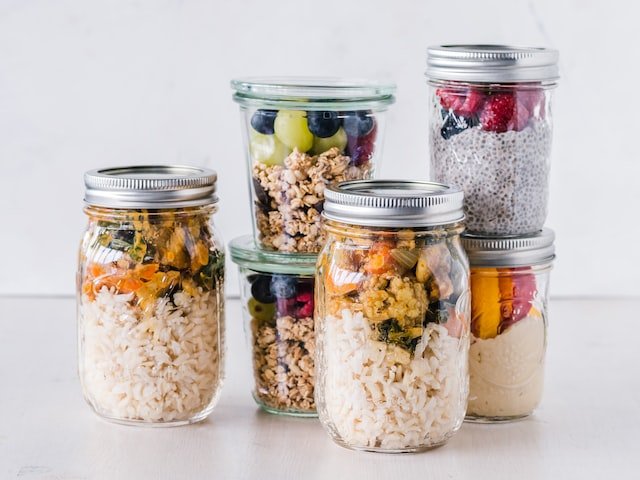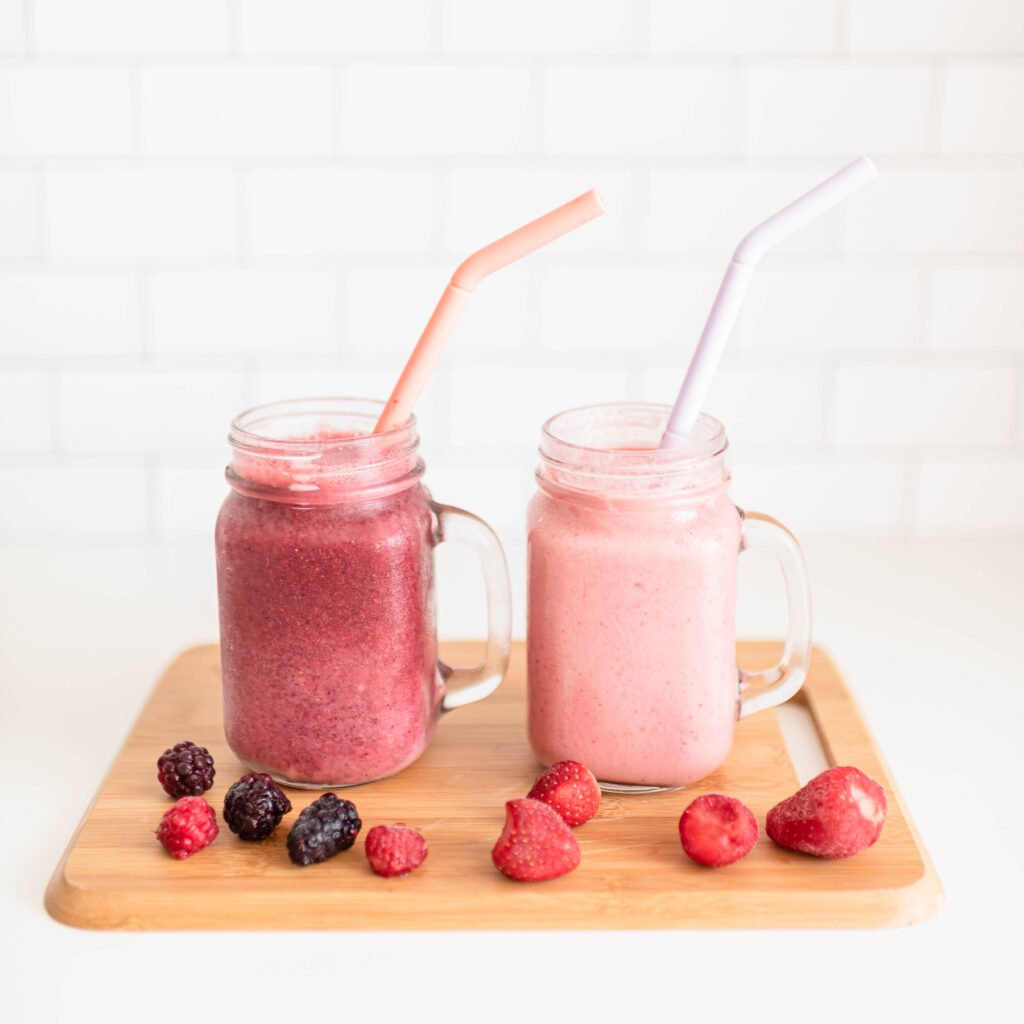Postpartum Nutrition and How You Should Eat During Those Early Weeks After Baby

From the moment you find out you’re expecting, up until you get to meet your little one for the first time, prenatal nutrition is important to consider. Things like what you should and shouldn’t be eating or drinking during pregnancy are all main points of concern. But did you know that postpartum nutrition is just as important?
If you experienced any food aversions while pregnant, you’ll probably get your appetite back soon after giving birth! Remember though that choosing satiable and healthy foods is still a necessity to make a smooth recovery, as well as keeping your energy levels up.
Postpartum Nutrition and Why it’s Important
If you’re planning on breastfeeding, you’ve probably heard that nursing moms need around 500 extra calories a day (including extra protein and fluids). This helps keep the immune system up as well as milk supply.
No matter how you plan on feeding your baby though, nourishing your body during those first few weeks of postpartum is going to be beneficial to you!
A few benefits of a healthy postpartum diet are:
- Helps support your recovery. Making sure you’re getting enough healthy fats, protein, and hydration can replenish your iron levels and even help prevent hemorrhoids.
- Increase milk production. What you eat and drink has so much to do with your milk supply! Paying attention to what (and how much) you’re putting into your body will heavily impact both the quality and quantity of your milk.
- Supports your mental health and overall wellbeing. Becoming a mom can be both overwhelming and exhausting. Keeping your nutrition in check can support your stamina and keep your energy levels up. If your nutritional needs aren't met, that depletion can affect your mental health and put you at a higher risk of postpartum depression.

Essential Nutrients for the Early Weeks After Baby
I don’t like to categorize foods as “good” or “bad” but rather - you want to make sure you are getting in the nutrients your body needs to function at its best! This certainly leaves room for what your busy schedule can fit in, and what you want to eat.
Here are five essential nutrients to remember daily during the fourth trimester, as well as a few food options for each nutrient:
- Vitamin D (orange juice, fortified tofu)
- Vitamin B12 (low-fat milk, yogurt, eggs)
- Iron (dark leafy greens, beans, dried fruits, quinoa)
- Omega-3 (salmon, flax seed, chia seeds)
- Choline (eggs, nuts, cauliflower, broccoli)
A few other important things to keep in mind, if you want to feel your best:
- Try to choose foods and drinks low in added sugars.
- Healthy fats are essential for keeping your energy levels up (fish and nuts are a good source of these!).
- Avoid foods high in fats, trans fats, and sodium, as well as avoid solid fats like butter and shortening.
- Don’t forget to drink plenty of water!

Meal Planning
Meal planning for postpartum nutrition can be a game changer. Having a new baby at home can be overwhelming in itself. Throw in having to worry about what you (or someone else) will be making for dinner doesn’t help.
It may be the last thing you want to do in those final weeks before baby, but planning ahead can be such a relief later on.
Have Healthy Snacks On Hand
Stock up on your favorite healthy snacks that you know you and your family will eat. That way, you have some no-brainer, go-tos in those moments where you need something right then. Snacks like fruits, nuts, yogurt, and granola are good options!
Pre-Make Freezer Meals
If you feel up to it during pregnancy, taking a day to pre-make freezer meals can be so helpful to keep up with postpartum nutrition needs! There are hundreds of recipes on Pinterest for this, and it’s so simple to throw them in the Instant Pot or Crock Pot for a minimal effort (and clean-up!) meal.

If you want to try out some crockpot meals that you can throw into the Crock Pot in the morning and will be ready by dinner time, check out this blog for a few of my favorite plant-based Crock Pot recipes!
When you are choosing foods to prep, and foods that you want to keep on hand, keep in mind that you’ll want to choose meals that will help keep you full (whole grains, greek yogurt, avocado, nuts, etc,), as well as foods that are easy to eat (you’ll probably be needing to eat one-handed more than you realize!).
I know all of this can quickly become A LOT. Don’t overwhelm yourself. Do what you can, ask for help, and remember that there is no shame, guilt, or judgment in ordering takeout if you need to.
If you are looking for additional guidance and education leading up to your birth, check out my 1-1 doula services for some personalized support! OR - download my Bump and Birth Guides for all the good info you need to feel more confident in your birth!

